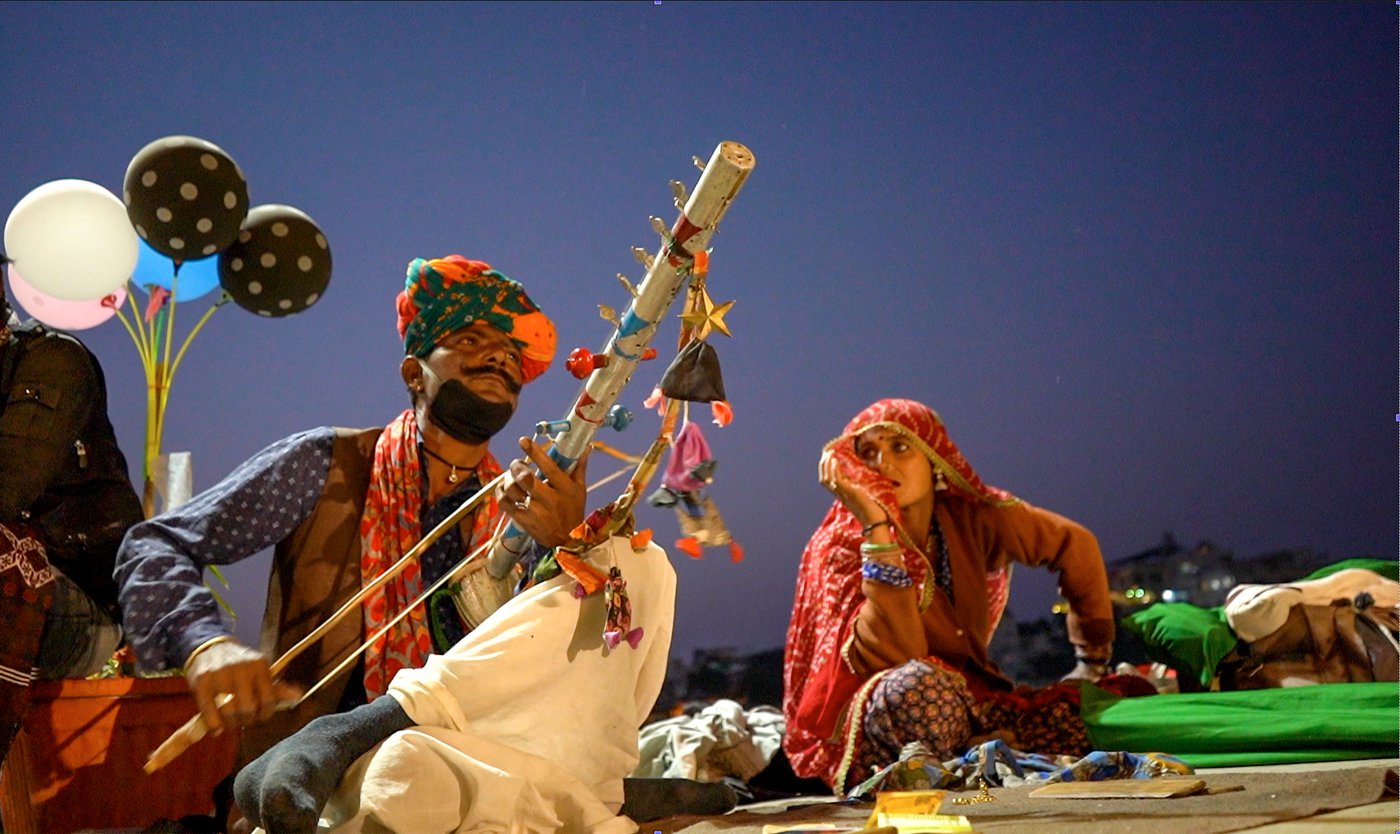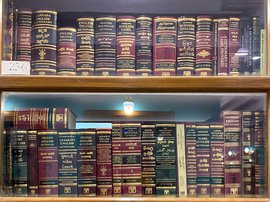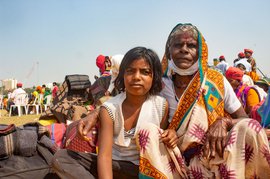“This is not
my
instrument,” says Kishan Bhopa, holding up the
ravanhattha
he finished making moments ago with Babudi Bhopi, his wife.
“Yes, I play it, but it’s not mine,” says Kishan, “It is the pride of Rajasthan.”
Ravanhattha is a string and bow musical instrument made of bamboo and Kishan’s family has been making and playing it for generations. He traces its origins back to the Hindu mythological text, the Ramayana. The name for ravanhattha , he says, comes from Ravan the king of Lanka. Historians and authors concur, and add that Ravan created this instrument to please Lord Shiva and seek benedictions.
Dr. Suneera Kasliwal, author of the book Ravanhattha: Epic Journey of an Instrument in Rajasthan , published in 2008 says, “ Ravanhattha is the oldest among the bowing instruments.” She adds that since it is held and played like a violin, many scholars believe that it is the precursor of instruments like the violin and cello.
For Kishan and Babudi, the crafting of this musical instrument is closely tied to their everyday life. Their home in Bargao village in Girwa
tehsil
of Udaipur district is
surrounded by logs of wood, coconut shells, goatskin and strings that go
into creating a
ravanhattha
. They belong to the Nayak community, listed as a Schedule Caste in Rajasthan.
The couple, both in their early 40s, leave their village at 9 a.m. every morning to begin work at Gangaur Ghat, a popular tourist destination in Udaipur city. Babudi sells jewellery, while seated next to Kishan playing the
ravanhattha
to attract buyers. By 7 p.m. they pack up to return home to their five children.
In this film, Kishan and Babudi show us how they create the ravanhattha , how their lives have been shaped by the instrument, and also share their challenges in keeping this craft alive.




